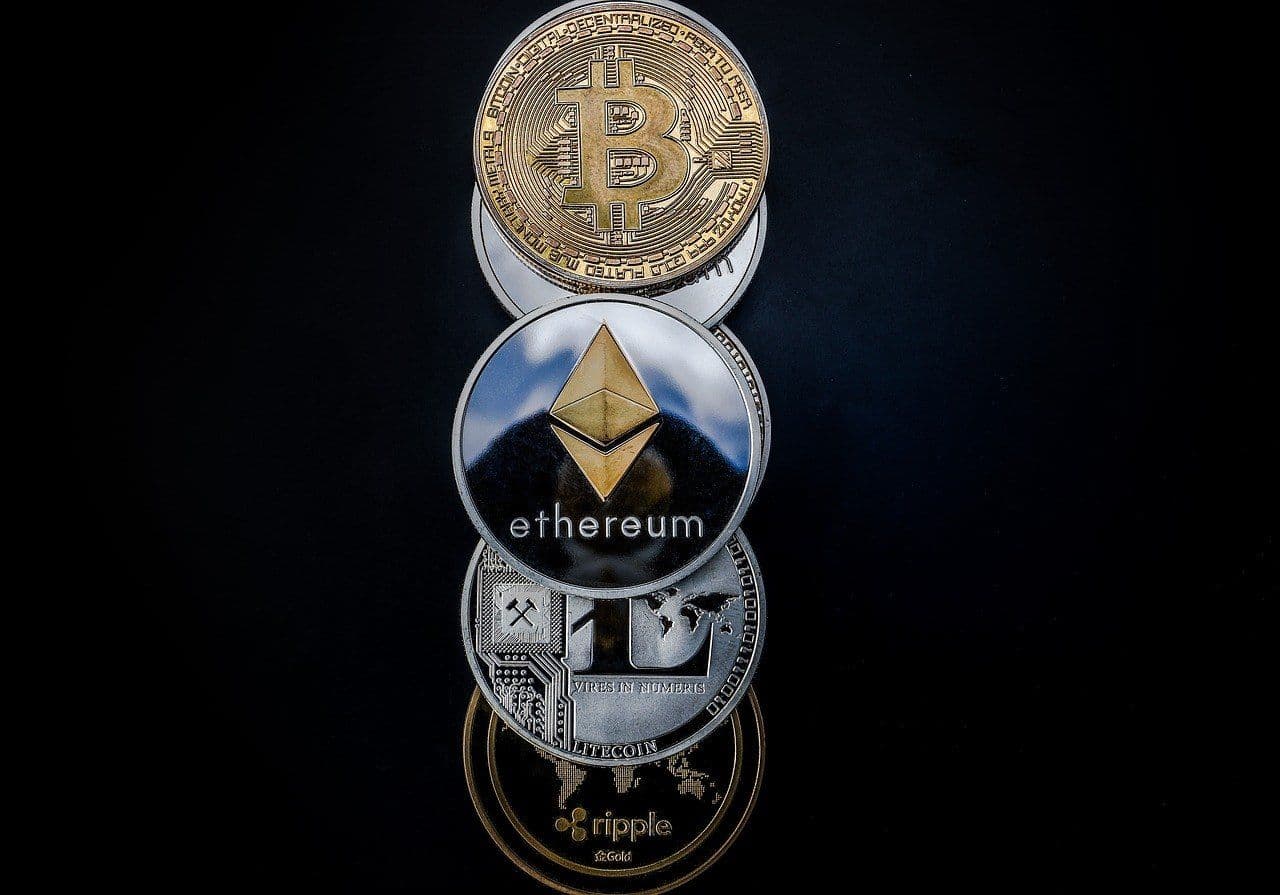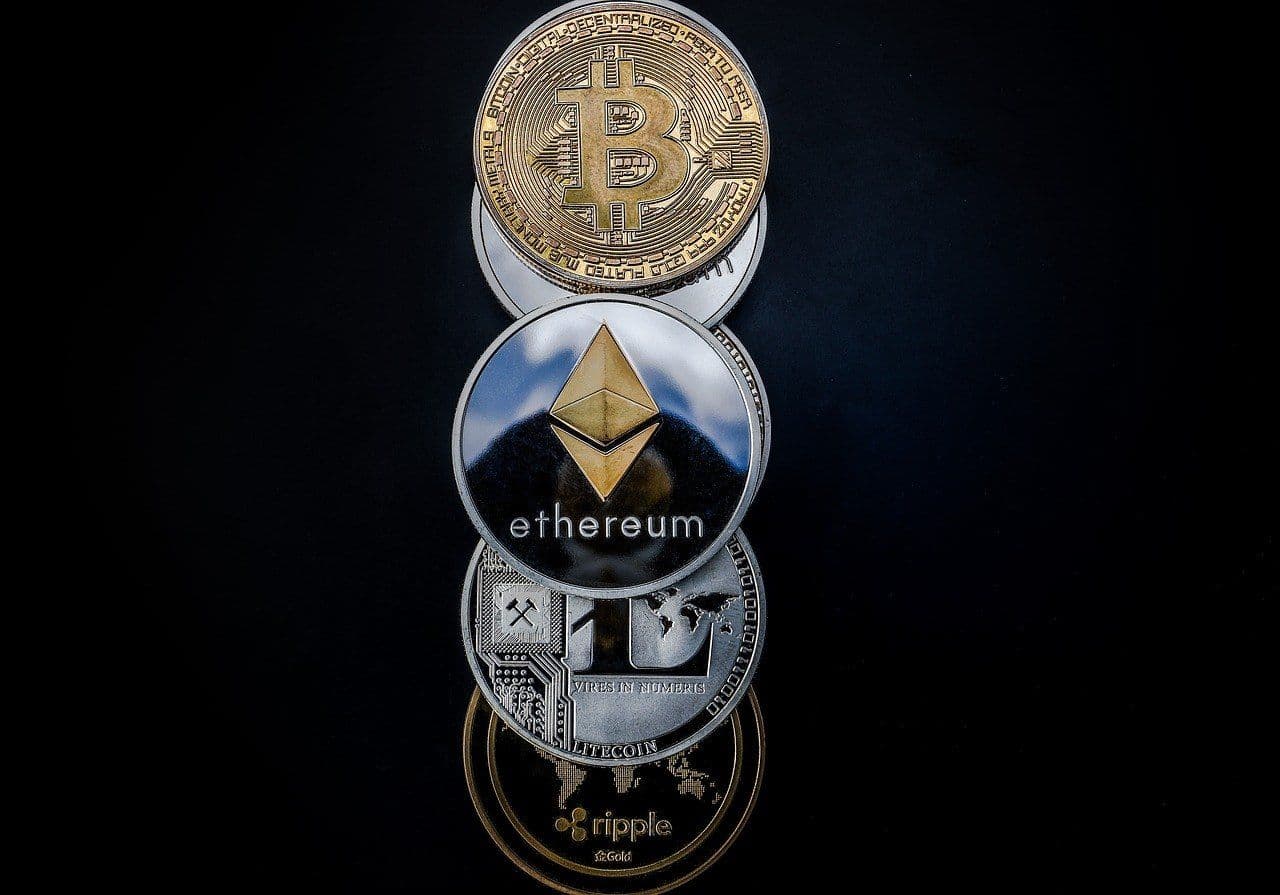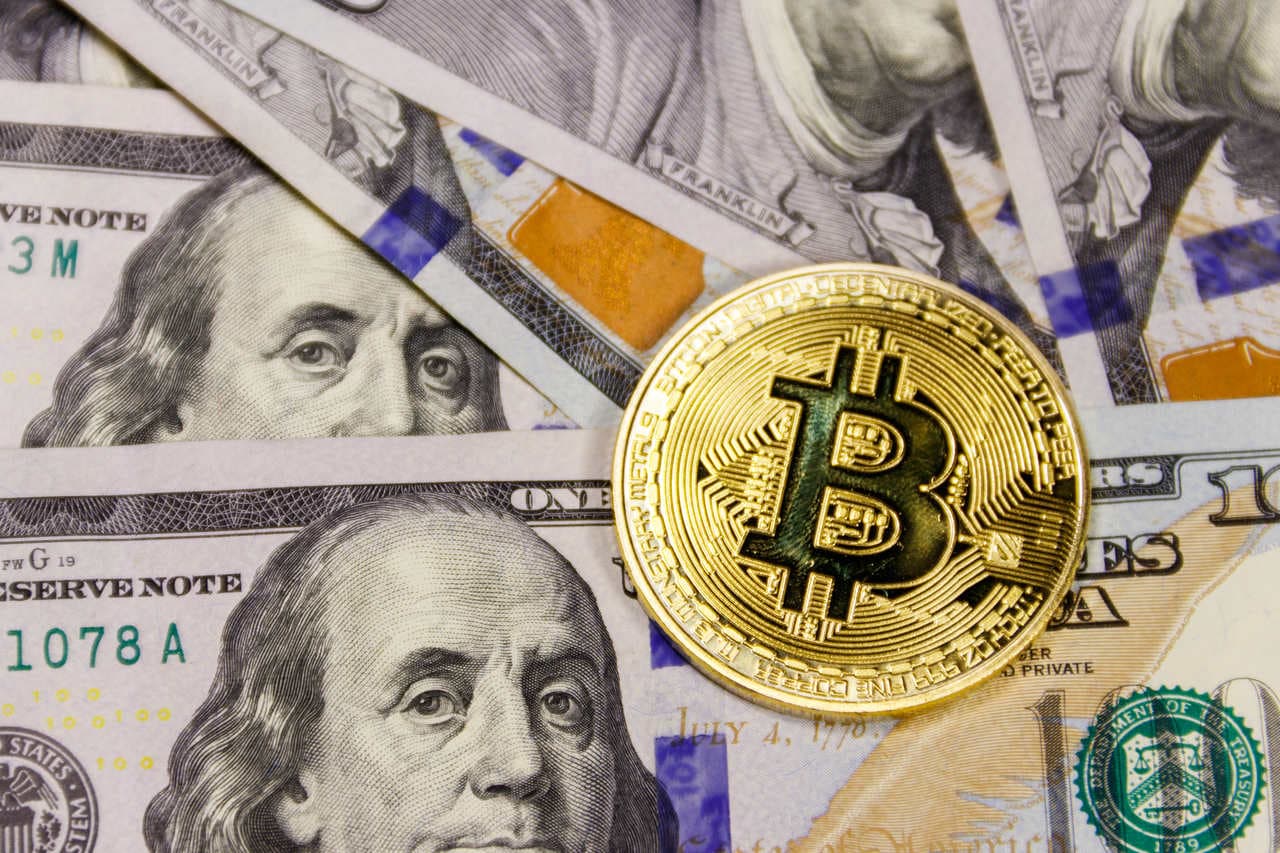Will 2022 Be a Bear Market For Crypto?
Has the 2022 Bear market begun or we are just seeing a gradual corrections or profit taking which shall improve with time.

2020 and 2021 will be carved in stone when it comes to crypto adoption. More than 70 million new wallets were created alone in 2021, which is way higher than in the past. Allegiance to DeFi, NFTs, and Metaverse, people went crazy for crypto in 2021. Some of the crypto assets gained as much as 60% to 407% due to awareness campaigns, institutional investments, influencers endorsements, and acceptance as a legal tender in some of the countries.
However, there’s not always sunshine and rainbows for everything and at one point, things begin to consolidate or worse, end up. Perhaps, that’s what had started rolling for the crypto market from December onwards. The market started to wither off with higher lows and lower highs with no signs of improvement and it was the second-worst decline for Bitcoin and the crypto market put together, after the 2017 crash.
Much of the problems in the crypto market were caused by the Fed’s tapering the interest rates and investors dumping tech companies’ shares and cryptos and picking US dollars in anticipation of a CBDC release which is likely to happen soon. With that said, does the ongoing rhetoric that we are on the verge to embrace a long crypto winter, aka bear market, still on the horizon? Let’s find out.
–> Click here to Buy Bitcoin <–
Has the Bear Market Begun?
Is 2022 a crypto doldrum as forecasted by financial experts? Apparently, while looking at things from a critical standpoint, there has been a significant drop in trading activities from the past few weeks signifying extreme fear ahead. As per Coinbase, the second-largest cryptocurrency exchange, BTC trading volumes took a sharp hit when the prices spiraled from $47,000 to $40,000 and even much lower lately.
The domino effect even pulled Coinbase share prices from a high of $357 in November to a low of $232 at the time of writing. Much of the recent crypto market drop replicates the 2017 crypto crash where BTC lost 80% of the value to trade at $3100 from 2018 onwards till 2020’s halvening. At present, we do see the same trend reminiscent of the past where BTC climbed to its ATH in November 2021 trading at $69,000 and within just 2 months, it has lost 50% of the value to trade in between the $35,000 to $40,000 level at the time of writing.
Experts like James Malcolm, who is the head of the foreign exchange research at UBS says, “ it looks likely to be a fairly difficult and potentially prolonged period and therefore, the crypto winter analogy is quite good. Remember, the crypto winter in 2018 wasn’t just over the Northern Hemisphere winter months. It basically extended for a whole year—so it was a crypto winter that lasted effectively a year.” Perhaps, we do see the same trend forming like the last crypto winter as BTC spent 65% of the time between December to February witnessing a downtrend. For the record, unlike in a traditional stock market where bear markets may last for years, the crypto market is largely different. So, even a quarter year of cooling could be a sign of a catastrophe ahead.

Hence, we did witness BTC’s poor show continuing and it could get much worse going forward as per the chart with Fed’s plan to continue tapering the dollar by increasing the interest rates. Nevertheless, investors’ trust matters in such time tested periods; however, in the latter part of the content, you could very well see through the HODL waves that even that has been dwindling and it could much replicate the same 2017 chain of events which put the crypto market to sleep for more than two years. Thus somewhat validating that we may indeed be in a bear market and the below-mentioned points might build a strong argument for the same.
Why Will 2022 Be a Crypto Bear Market?
Fed’s Tapering To Continue
Generally, what investors do is borrow loans in higher proportions from banks to invest in alternate markets like crypto for making quick gains. This generally happens when interest rates are lower and inflation has turned rampant in any economy. However, when interest rates increase, investors prefer to keep the money in savings accounts for long-term yields, instead of investing the same in alternate markets like crypto, citing extreme volatility and low-risk appetite.
Hence, it is much more justifiable why many investors are withdrawing from crypto and investing in dollars through saving accounts, instead. With the FED reliant on increasing the interest rates throughout the year, it is much likely that the same sentiments will prevail and new investors might not have a good risk appetite to sail in the crypto tempest ahead.
History Cannot Be Defied
Reversals are part and parcel of the crypto market. It has happened in the past, and it will definitely happen in the present. With that said, ever since March 2020, we did see a significant jump in the value of all cryptocurrencies. Some of the cryptos witnessed more than 200% to even as high as 4000% growth like Solana, Cardano, and Doge.
However, while looking back at the past, in 2017-18, a similar trend followed where post the ICO boom, some of the cryptos appreciated as high as 35x; however, they were destined for the fall when investors started to cash in on such quick market fluctuations. The same market sentiments are evident as Fed’s tapering and quick money made in the crypto market has allowed investors to look for other better alternatives with low risks to stabilize and further incentivize their yield.
Margin Debt Downspiraling
Margins usually work in a manner when investors open short positions and expose themselves to the market volatility for making quick gains. However, when the rate at which money can be borrowed to execute such strategies becomes higher, investors wouldn’t prefer to risk their funds to make gains citing a less adventurous market ahead.
Thus making the whole concept of margin trading null and void. Apparently, that’s what has happened in the present crypto market. All cryptos have consolidated at a point and their movements are not quick as expected. As a result, it is not worth the risk to open margin contracts and support them by pumping money every now and then.
Low HODL Waves
HODL wave is an effective tool to prove that an asset hasn’t moved from one wallet to another. In a way, it establishes that the investors have a positive sentiment ahead. However, recent downtrends in prices have convinced buyers who bought at the top to sell at the bottom.

As it is evident from the above graph, despite most of the investors buying at the top when the crypto market hit $2 trillion, the selling had happened at a much lower zone. As a result, only 40% of the total Bitcoin addresses could record a profit. At the same time, many of the long-term hodlers do not want to continue hodling citing a negative market outlook ahead due to the Fed’s tapering, mining ban in Kazakhstan, and regulations coming from different parts of the world. In the graph, as you can see the coins are moving from long-term holders to short-term holders.

When low STH or short-term supply happens, it denotes a bearish trend ahead. At the moment, these long-term holders have almost 3 million BTC supply. This has been very low ever since the May 2021 deleveraging event as shown in the image below. Which in a nutshell sums up that, BTC might head for the bear market in the coming months.





























